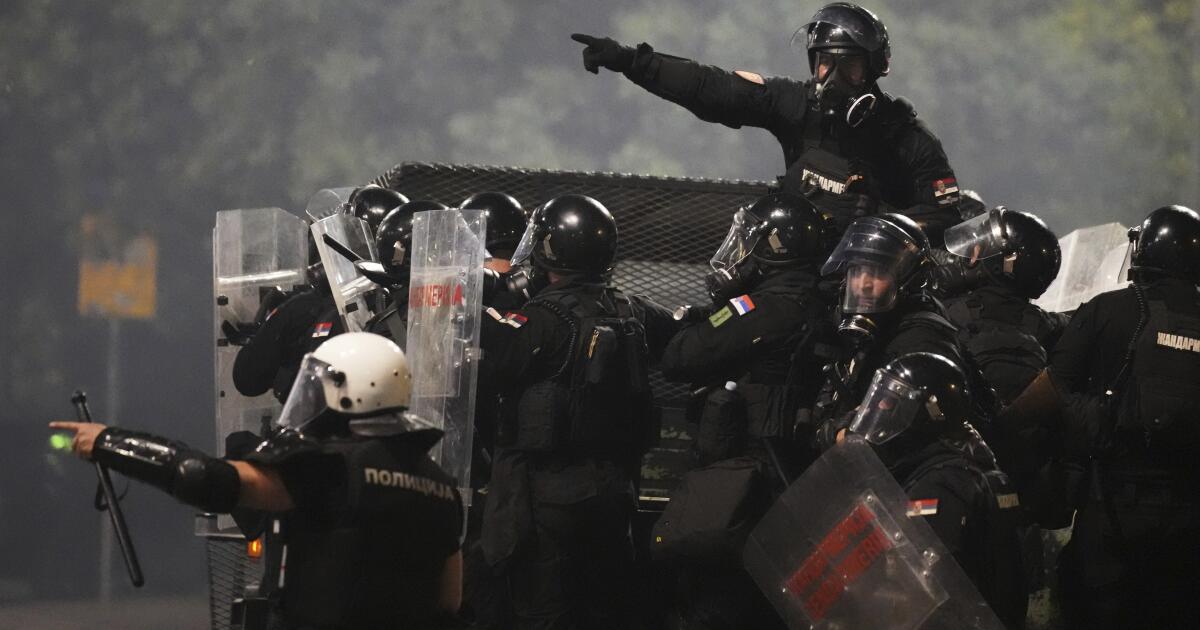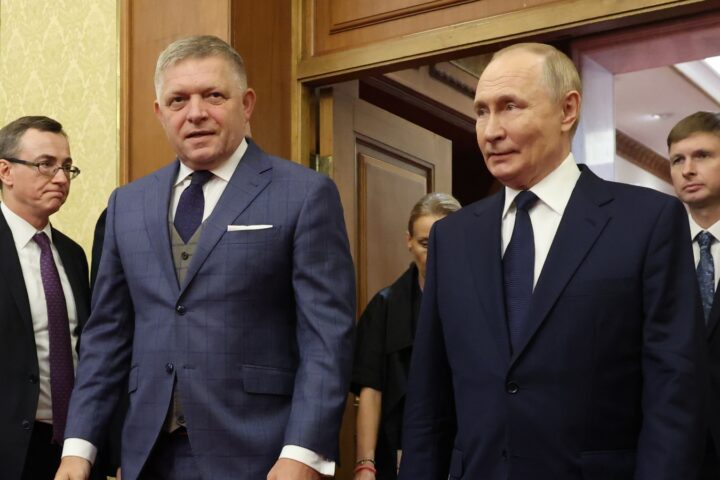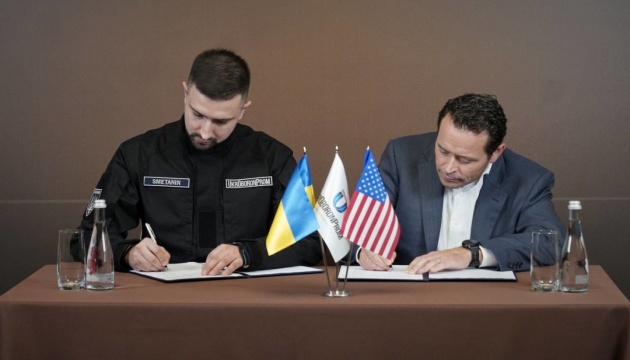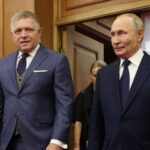On September 29, 2025, Serbian authorities arrested 11 individuals wanted by French police on charges of orchestrating hate crimes in France and Germany. The suspects face accusations including defacing synagogues in Paris and placing pig heads outside mosques, acts intended to inflame religious tensions. Investigators believe these operations were directed by the Russian military intelligence unit formerly known as military unit 29155, notorious for sabotage and covert operations abroad. According to Le Monde, these incidents form part of a wider campaign of destabilisation.
Details of the incidents in France and operational links
Evidence gathered by law enforcement indicates the suspects were involved in multiple attacks in Paris, including pouring green paint over Holocaust memorials, at least three synagogues, and a Jewish restaurant. Pig heads, regarded as ritually unclean in Islam, were placed near nine Muslim religious sites in the city and surrounding suburbs. Surveillance footage revealed perpetrators recording the acts with the intention of publishing the material online to provoke outrage. Serbian investigators identified that the suspects were trained and guided by another Serbian national, currently evading arrest, under the direction of foreign intelligence. Payment to the perpetrators was modest, suggesting their expendable role in a larger Russian-led scheme coordinated within the Bern Club, a coalition of intelligence services from 27 EU member states, Norway, and Switzerland.
Surge in Russian hybrid operations across Europe
Since Russia’s full-scale invasion of Ukraine in 2022, European security services report a significant rise in hybrid threats, including sabotage, cyberattacks, and disinformation campaigns. In 2024, the number of such incidents quadrupled, and 2025 has already seen at least 11 confirmed attacks. Methods include arson, sabotage of infrastructure, GPS interference, cyber intrusions, and the covert use of third-country nationals recruited through online platforms such as Telegram.
Strengthened EU and NATO countermeasures
EU and NATO members have shifted from restrained responses to more coordinated measures against Russian hybrid threats. Initiatives include expelling hundreds of Russian intelligence operatives, enhancing NATO patrols in the Baltic Sea, and considering integration of Ukrainian airspace into a unified air defence system, known as the “Sky Shield” project. The EU is also developing a comprehensive framework for electoral protection and countering disinformation, including legislative tools and partnerships with Ukrainian cybersecurity experts. In the Czech Republic, authorities dismantled the pro-Russian network Voice of Europe for spreading manipulative content ahead of elections. Discussions in Brussels and Strasbourg focus on new legal and sanction mechanisms to counter hybrid aggression, while NATO faces internal debate over the participation of Hungary and Slovakia in joint projects, particularly the proposed “drone wall” on the alliance’s eastern flank.
Strategic implications for European security
The recent arrests in Serbia underline the transnational nature of hybrid warfare and the expanding scope of Russian intelligence operations in Europe. These acts of provocation are not isolated but part of a broader strategy to destabilise democratic societies. The growing sophistication of such operations underscores the urgency of unified European responses. Failure to act could embolden further campaigns, threatening both regional stability and international norms.
France, Serbia, and their partners now face a critical moment to address hybrid threats through deeper intelligence cooperation and robust legal frameworks, setting a precedent for resilience against future operations.













